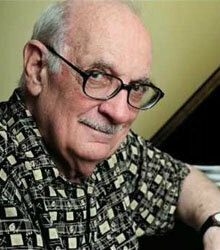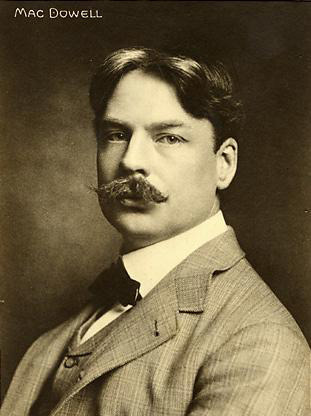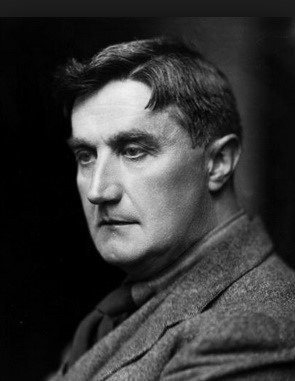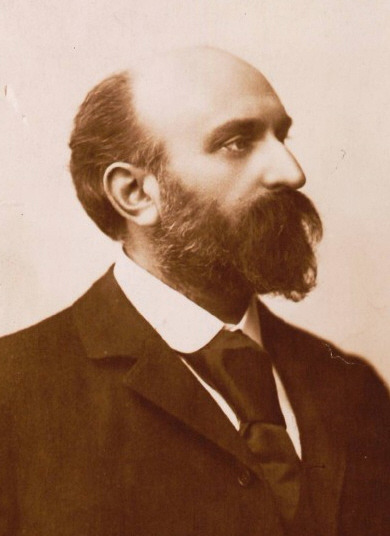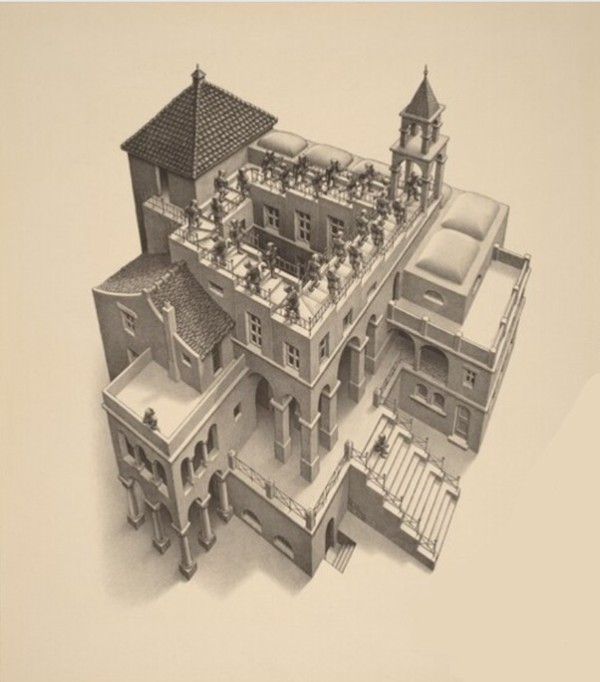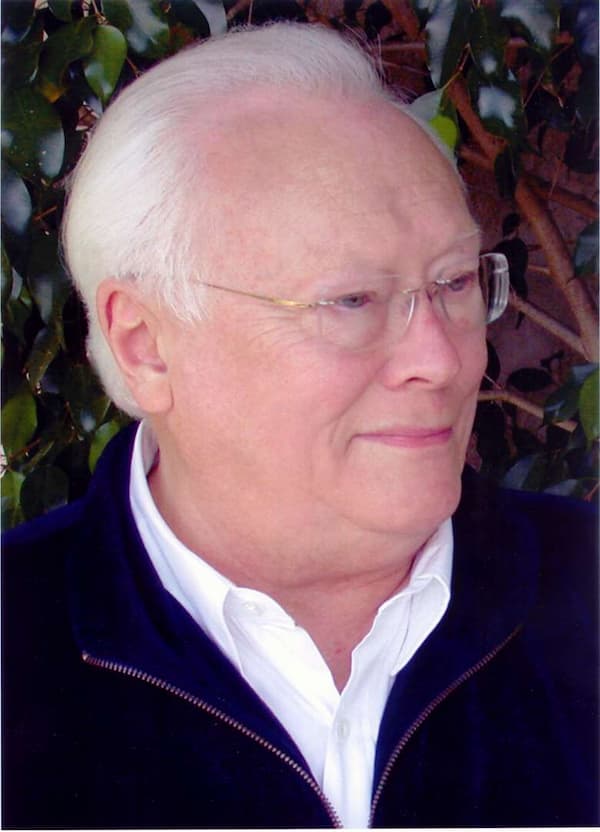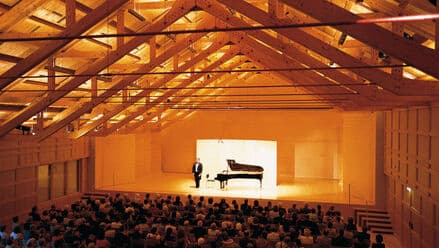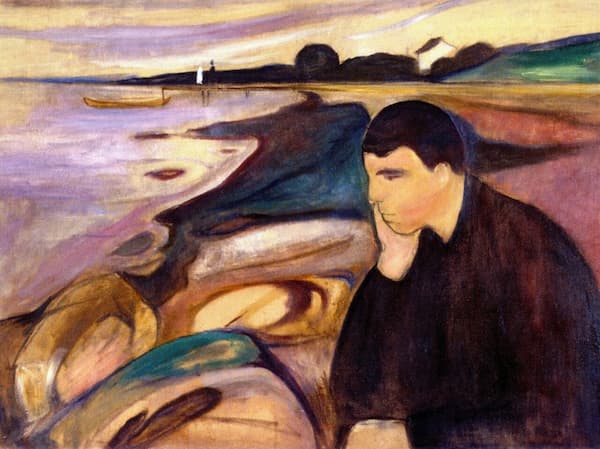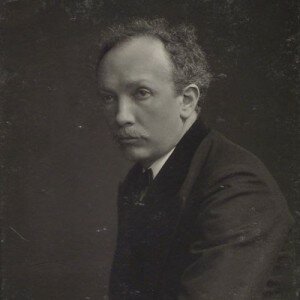
The young Richard Strauss
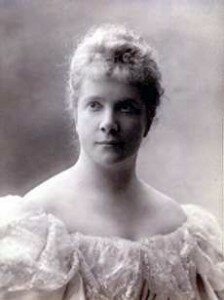
Pauline Strauss
The songs are all about the happiness of being together and used poems by some unusual poets for the texts. The first poem is by Karl Frierich Henckell, a left-wing writer. When he set the first poem of op. 27, ‘Ruhe, meine Seele,’ Strauss sent a copy to Henckell who sent a note back saying that he’d been following Strauss’ work for a few months and had heard this setting of his poem, which he described as being ‘interpreted in music that shivers so lightly, with hardly a wave breaking.’ He went on to say, in reference to two particular lines, that Strauss had ‘magnificently’ captured the verses. He then gave instructions to his publishers to send some of his poetry volumes to Strauss should he be again inspired.
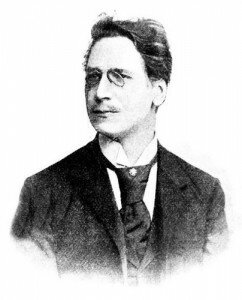
Karl Frierich Henckell
The Socialist poet had a total of 9 poems set by Strauss between 1894 and 1901, and, with one exception, these poems were lyrical rather than political. Henckell valued his association with Strauss and at one point, suggested that they start a tour with ‘music and poetry evenings,’ but the plans fell through.
The second song in Op. 27, ‘Cäcilie,’ was written on 9 September, the day before his wedding to Pauline. The text, written by Heinrich Hart, is a song of pure love: ‘Wenn du es wüßtest, | Was träumen heißt von brennenden Küssen,’( If you only knew | what it’s like to dream of burning kisses,) and concludes with ‘… then you would live with me.’
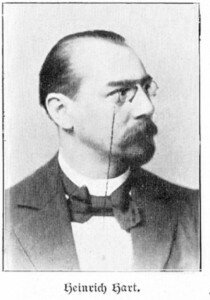
Heinrich Hart
No. 2. Cäcilie
The last two songs in the collection, ‘Heimliche Aufforderung’ and ‘Morgen,’ were written by another left-wing poet: John Henry Mackay, who was born in Scotland but who had been in Germany since early childhood.
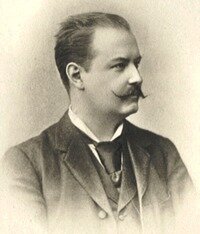
John Henry Mackay
‘Heimliche Aufforderung’ (Secret Invitation), is a joyful song particularly keyed to a wedding festivity: ‘Drink to your heart’s fill at the joyous feast…’ and ends with ‘…Oh come, you wonderful, longed-for night!’
No. 3. ‘Heimliche Aufforderung
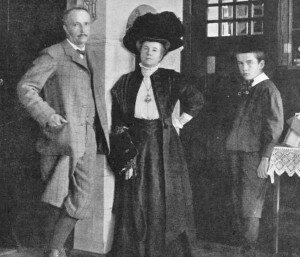
Richard, Pauline, and Franz Strauss (1910)
No. 4. Morgan
Strauss returned to these songs later in life and orchestrated three of them: Nos. 1, 3 and 4. The orchestration of the last song adds to its fragile appreciation of his joy in marriage.
No. 4. Morgen (Soile Isokoski, soprano; Berlin Rundfunkorchester; Marek Janowski, cond.)
Strauss brought to these songs the same heightened sensitivity to text that is so familiar in his operas, particularly Der Rosenkavalier. He chose the poets and the poetry carefully, often using poems that didn’t follow the general reputation of his poets’ political leanings.

